UMKM Bisa!
Visa partnership with Gojek in Indonesia to provide small and micro business owners with online lessons and resources to help them maintain and grow their businesses.
We enable people and businesses to prosper so our shared humanity, communities and planet can thrive.

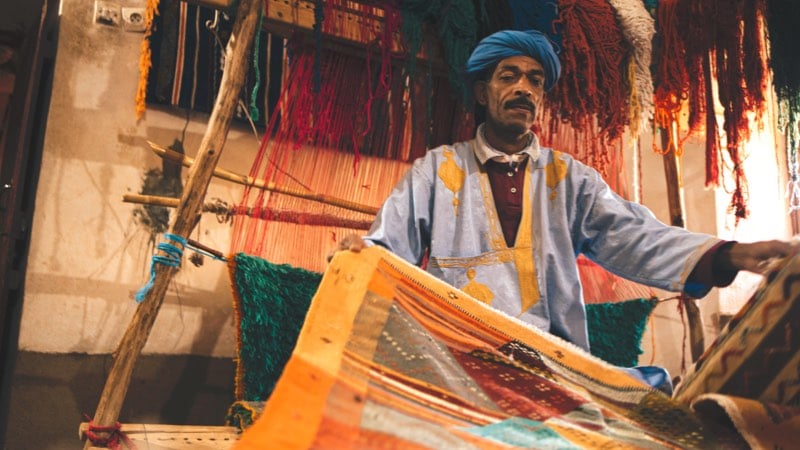
Uplifting everyone, everywhere through knowledge and skill-building tools for equitable access to trusted, convenient ways to move money.
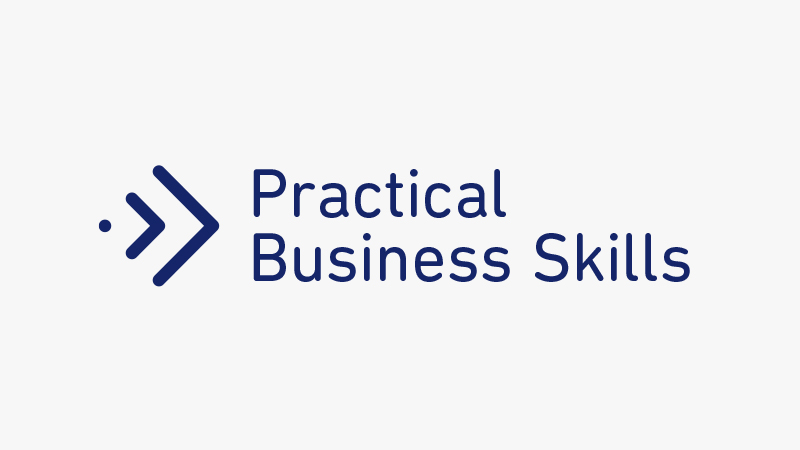
This global digital platform, powered by Visa, delivers free-to-use education resources to help small and micro business owners start, manage and grow their businesses.
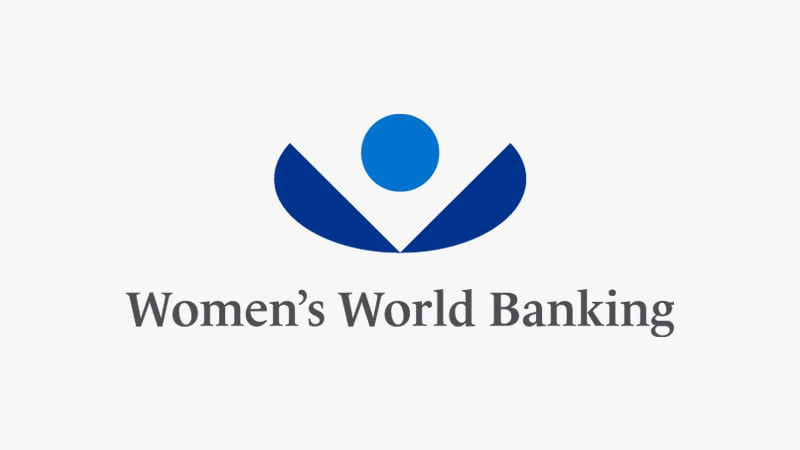
This Visa Foundation partnership helps financially empower millions of women-led micro and small enterprises globally.
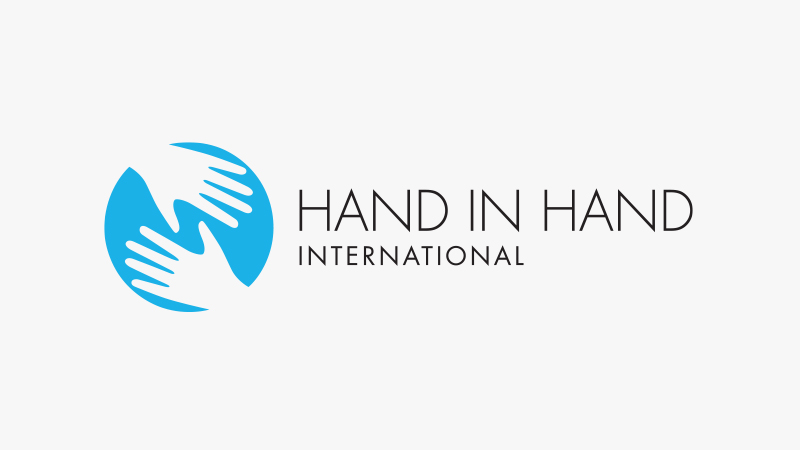
Our partnership with Hand in Hand provides more than 10,000 micro businesses in Kenya, 75% of which are women-owned, with access to business and financial skills education, and broadened access to financial services.
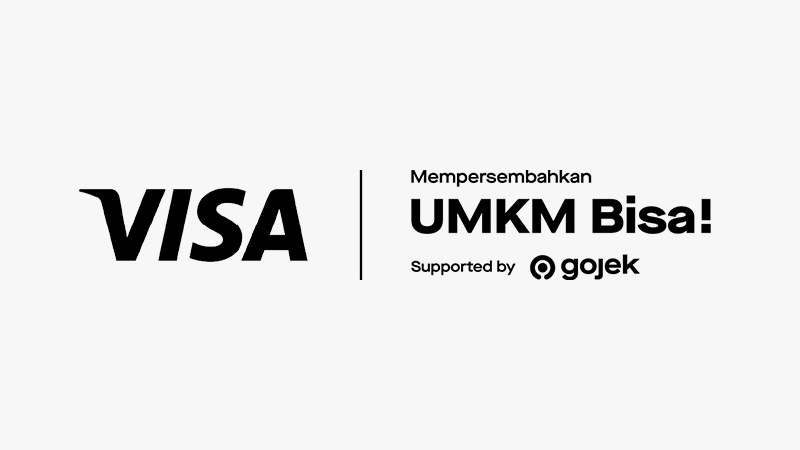
Visa partnership with Gojek in Indonesia to provide small and micro business owners with online lessons and resources to help them maintain and grow their businesses.
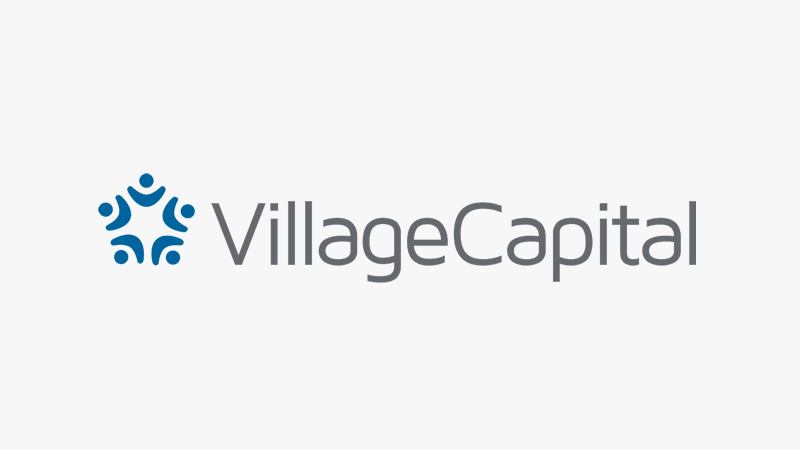
Visa Foundation partnership to support accelerators working to close the financing gap facing underserved entrepreneurs in Latin America, with a focus on food and agriculture innovation.
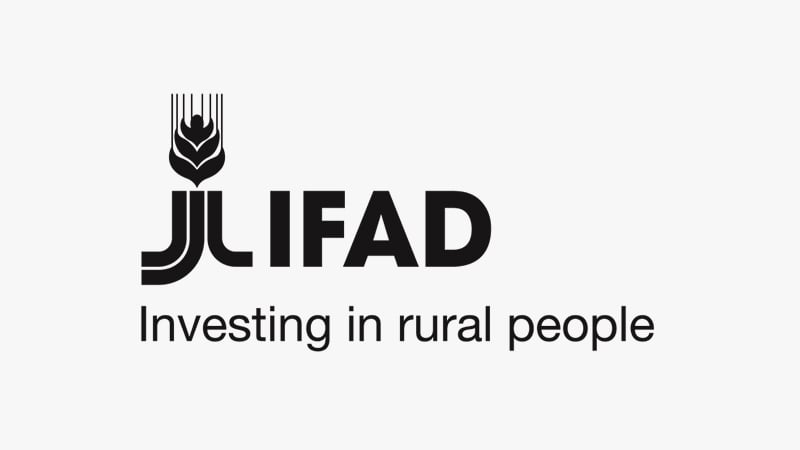
Visa Foundation partnership creating employment opportunities for rural youth in Africa by designing a network of innovative and integrated agribusiness hubs to build entrepreneurial capacity and technical/managerial skills.
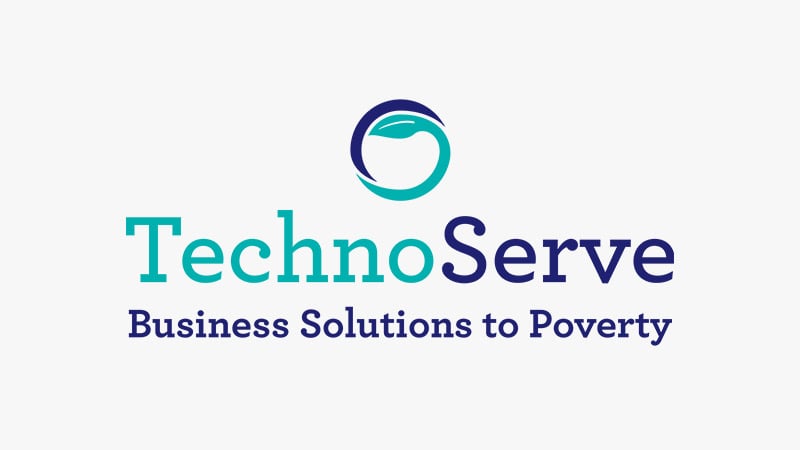
Visa Foundation partnership to strengthen the gender diversity of local farmer cooperatives in India and their institutional capacity to make them resilient to economic shocks.
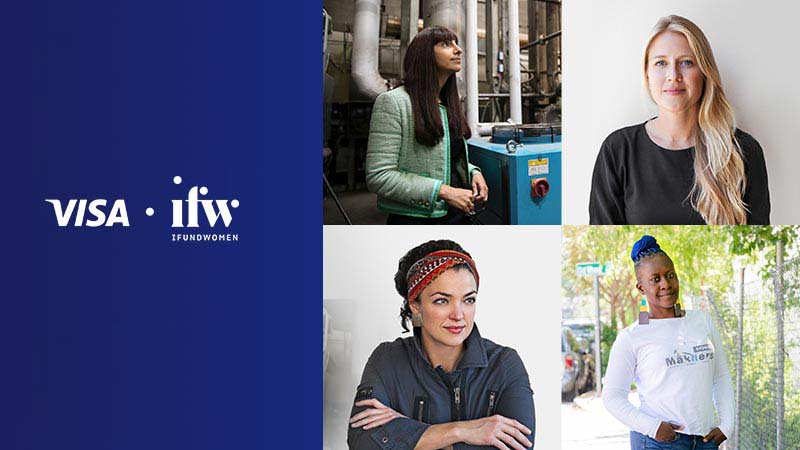
Global partnership to help women entrepreneurs secure the funding they need through a series of grant contests and providing access to expert business coaching.
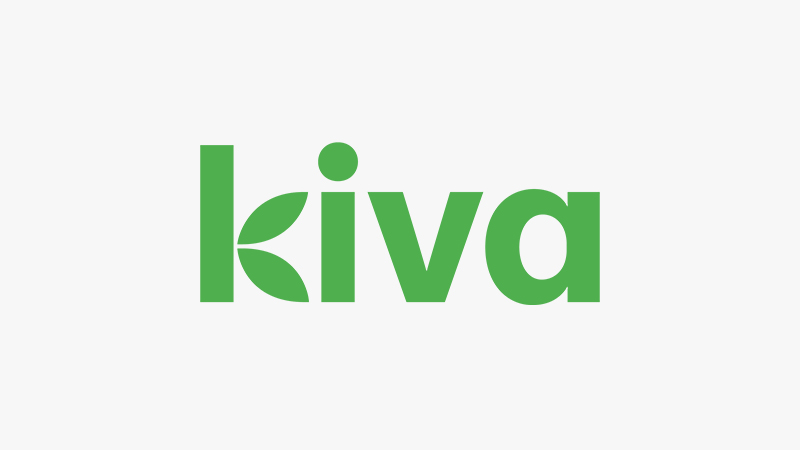
Visa Foundation partnership to increase financial access for underserved small and micro businesses, wherein Visa employees help designate microloans to the participant businesses.
The digital and financial equity landscape is constantly changing. That’s why we conduct original studies in these areas to action on the latest insights and research.
Visa encourages and supports employees to make an impact in ways that inspire them, whether that is through volunteering, giving or empowering people and communities in need.

Employees receive 16 hours of Volunteer Time Off.
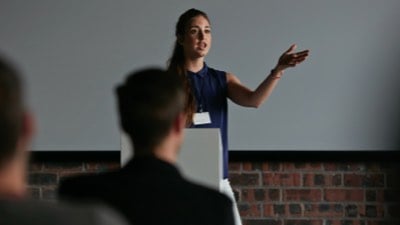
Our workforce helps with small business mentorship and Kiva loan programs.

Employees earn $10 per hour of volunteering to give back to charity.